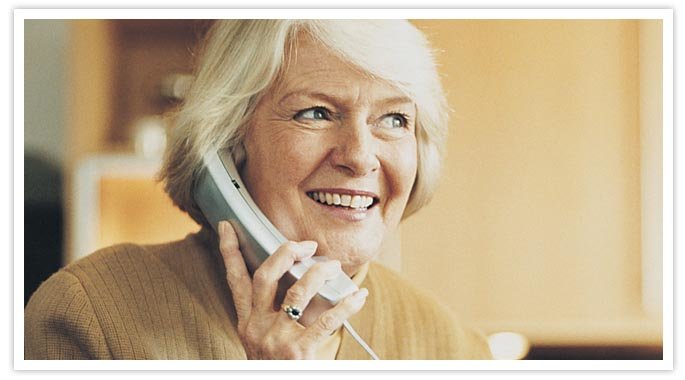Frequently Asked Questions
It is common to have questions about the funeral process. This section answers some commonly asked questions to help make this process easier for you. If additional questions arise, please feel free to contact us directly at the funeral home.
What is a funeral?
A funeral is a ceremony for a deceased person prior to burial or cremation. A funeral gives the opportunity for family and friends of the deceased to gather and mourn the passing of their loved one, to share cherished memories and celebrate their life. A funeral is a vital first step to help the bereaved heal after the loss of someone special.
What type of service should I have?
The type of service, if any, is entirely up to you. Services are usually held at a funeral home or a place of worship and include everything from traditional funerals to memorial services and celebrations of life. Our funeral directors are more than happy to work with you to figure out what would be the most appropriate for your family.
Can I personalize a funeral?
Of course you can, in fact more and more people are opting for a more non-traditional personalized service. There is no right or wrong way to celebrate someone's life. There are many unique ways to celebrate life, let the funeral director know exactly what your desires are and they will honor your wishes.
Do we need to have an obituary notice and what is included in one?
It is highly recommended to have an obituary notice that’s either placed in a local newspaper, online or both. An obituary lets the public know that a death has occurred, and gives them information about the service. Obituaries generally include the deceased’s full name, age, date and place of death, names of the deceased’s spouse, children, grandchildren, siblings and anyone else significant in their lives, along with service and donation details. They may also include more personal details on the life and legacy of the deceased.
Who are funeral directors and what do they do?
Funeral directors are in charge of all the logistics following a death. They complete all the necessary paperwork, make arrangements for the transportation of the body, and put into action the choices made by the family in regards to the funeral service and the final resting place of the body. Beyond the logistics, funeral directors are there to provide moral support and guidance for someone coping with death.
What happens if the death occurs in the middle of the night or on the weekend?
We are here to help, funeral directors are available 24 hours a day, 7 days a week, and 365 days a year.
What if a death occurs away from my home town?
We are here to help and we can arrange to have the remains transported home from anywhere in the world.
What is embalming and what purpose does it serve?
Embalming is the restoration, disinfection and temporary preservation of a deceased person's body in order to be suitable for display in an open casket. Embalming is not legally required, but may be recommended to preserve the body between the time of death and the visitation or disposition of the deceased.
What do I do if I am not satisfied with the way a funeral was handled?
Funeral Services in the province of Ontario is regulated by the Bereavement Authority of Ontario. They operate on behalf of the Ministry of Government and Consumer Services. Responsible for the protection of the public interest. They can be reached by telephone at 647-483-2645, by email at info@thebao.ca or by mail at 100 Sheppard Ave East, Suite 505 Toronto, ON M2N 6N5
Grief Support
The death of someone we care about can be one of the most difficult experiences in life. These articles are meant to describe different types of grief; their intent is to help you understand your own, or to help you empathize with another person's grief.
LEARN MORE >
Send Flowers
Our local florists are committed to offering only the finest floral arrangements, and are backed by their professionalism and prompt service. Allow us to take care of your expression of sympathy by connecting with our local florists through our website.
SEND FLOWERS >

Let Us Help You.
Navigating the days after the passing of a loved one can be one of the most difficult challenges of one's life. We are proud to be able to help members of our community make their way through this complicated period of their lives.




